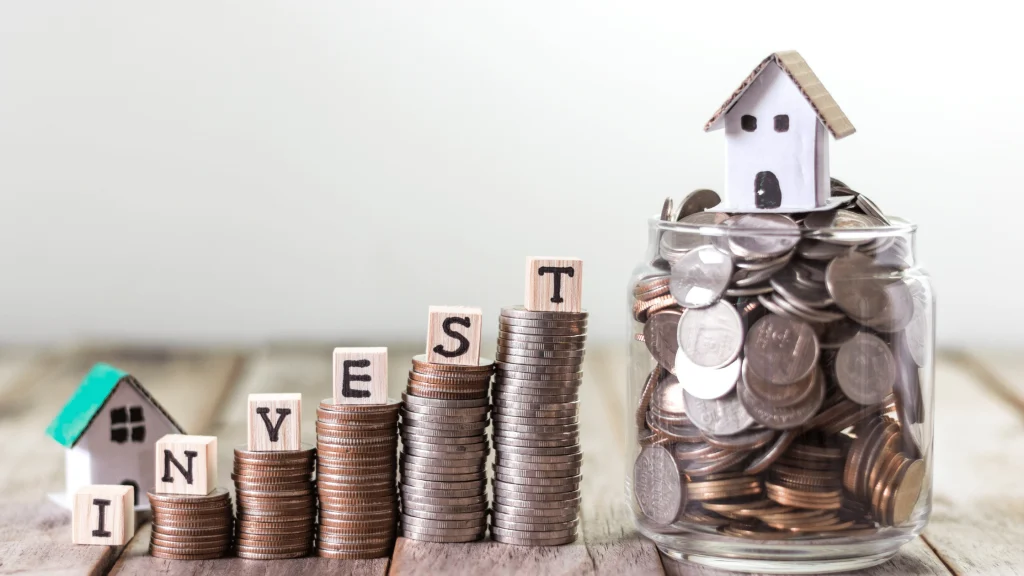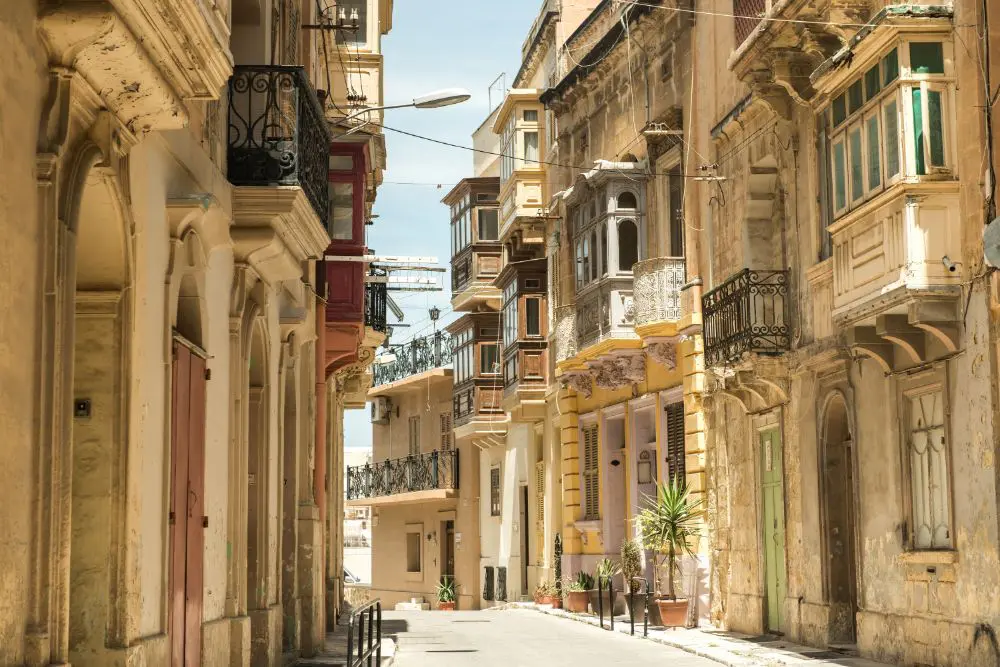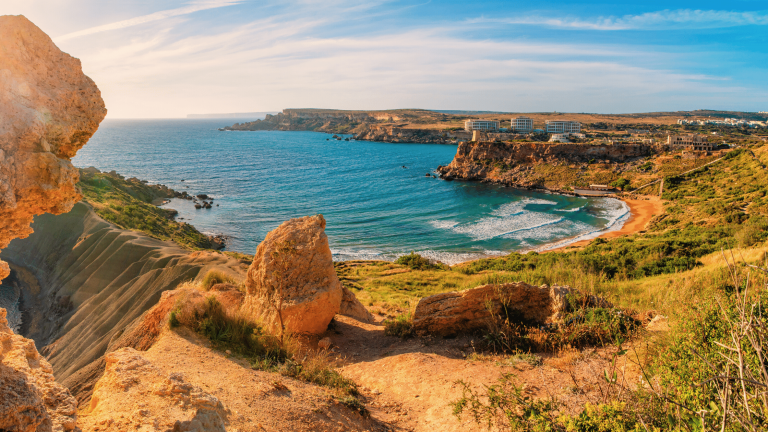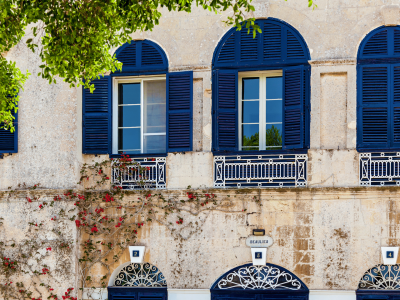Many visitors to the islands fall in love with the lifestyle and decide to buy a property in Malta. It is important to take one’s long-term vision into consideration, whether it will remain just that: a holiday home, or whether it will eventually become a permanent home. Other factors come into play such as the possibility of renting the property out while you are not there.
Most buyers simply retain the privacy and exclusive use of the properties they have bought, simply because they are not in the business of renting them out and do not plan to do so in the future. For these buyers it does not matter where the property is located; it is all about the choice of lifestyle the property offers when you are making use of it on holiday. Purchasing a property as a holiday home for exclusive personal use is a straight-forward process.
